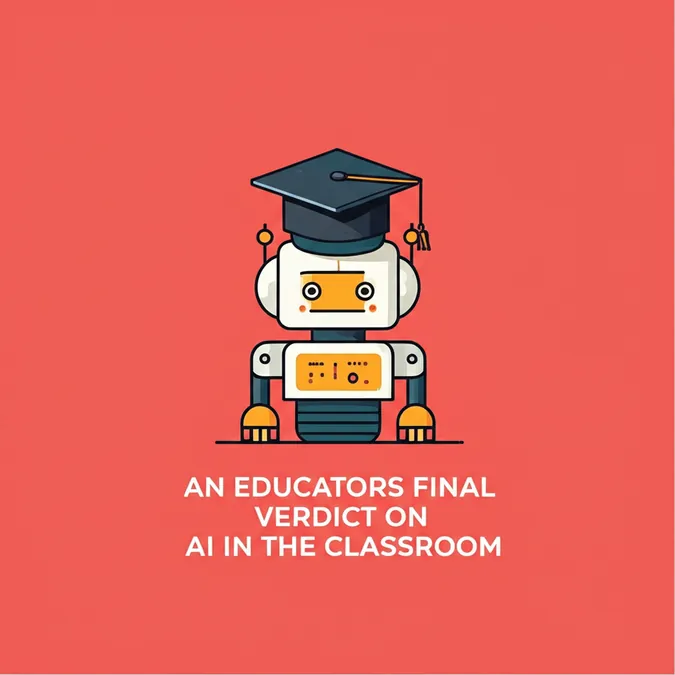Developer Offer
Try ImaginePro API with 50 Free Credits
Build and ship AI-powered visuals with Midjourney, Flux, and more — free credits refresh every month.
Celebrity Likeness in the Age of AI
The AI Video Boom Celebrities in Unlikely Scenarios
Social media is currently flooded with a new wave of hyper-realistic, and often bizarre, videos featuring celebrities both living and deceased. Imagine Michael Jackson swiping a box of KFC, Marilyn Monroe working as a TSA agent, or the renowned physicist Stephen Hawking depicted as a WWE wrestler and dirt biker. These are not clips from a forgotten parody show; they are AI-generated videos created by powerful new text-to-video tools. The wide release of platforms like OpenAI’s Sora 2, Midjourney, and Google Gemini has put broadcast-quality video production into the hands of anyone with an imagination, leading to thousands of these clips appearing daily.

This explosion of what some call AI "slop" has created a significant dilemma for public figures and their estates, who are now grappling with how to control their own likeness in a world where permissions are rarely sought.

A Tale of Two Reactions Embrace or Litigate
In response to this technological surge, many actors, artists, and creators have immediately turned to their legal teams to protect their image. However, a small but notable group is choosing a different path: embracing the chaos. Mark Cuban, an investor in AI himself, is a prime example. After seeing an AI video of himself, he told The Post his reaction was amusement. “It looks like me hitting the bong hard and going, ‘Oh, s—t. This s—t is good,’” he said, adding, “I just posted a comment that said, ‘This is funny. But I don’t smoke.’”

Fellow AI investor Jake Paul has also seen his likeness used in countless videos showing him pregnant or modeling dresses. Cuban has even leveraged the trend to his advantage, allowing his image to be used so long as it promotes his company, CostPlusDrugs. He maintains control by periodically opening and closing access and requesting the removal of content he finds objectionable, such as a video that depicted him snorting sugar.
The Legal Labyrinth of AI Likeness
The legal and ethical landscape is struggling to keep up. OpenAI initially launched Sora with an opt-out policy for likeness usage, a move that was quickly reversed after a legal uproar reminded them that copyright law requires opting in. The company has since promised more granular control for rightsholders, but the details remain vague.
For the estates of deceased celebrities, the situation is even more fraught with emotion. The late PBS painter Bob Ross, known for his gentle demeanor, has been depicted in AI videos being jailed and painting in his underwear. Joan Kowalsky, president of Bob Ross, Inc., says fans are outraged. “For the most part, [they say,] ‘This is disgraceful... Can you do anything about this?’” Kowalsky notes that Ross himself was “ferocious” about protecting his image and would have been deeply upset by the anxiety such clips cause.

Similarly, Zelda Williams has pleaded with the public to stop sending her AI-generated videos of her late father, Robin Williams, which she described as “gross.”
Hollywood Strikes Back The Battle Against Plagiarism
Major Hollywood studios are not standing by idly. Disney, Universal, and Warner Bros. Discovery have filed a major lawsuit against Midjourney, labeling its AI generator a “bottomless pit of plagiarism.” The suit provides clear examples of iconic characters like Batman, Daffy Duck, and The Joker being replicated by the software. The core of their argument is that to generate these images, Midjourney’s AI must have been illegally trained on vast amounts of copyrighted material. The studios are seeking damages that could reach billions.

Midjourney has defended itself by stating its AI was trained on publicly available images and that users are responsible for adhering to terms of service that forbid copyright infringement. CEO David Holz argues that AI learning is analogous to how human artists learn by observing others' work. The outcome of this lawsuit is being closely watched as it will have a profound impact on the future of generative AI.

For now, the cat is out of the bag. As the technology continues to evolve faster than the law, it seems we must all get used to a digital world where Martin Luther King Jr. is a DJ and Elvis Presley mows the lawn.
Compare Plans & Pricing
Find the plan that matches your workload and unlock full access to ImaginePro.
| Plan | Price | Highlights |
|---|---|---|
| Standard | $8 / month |
|
| Premium | $20 / month |
|
Need custom terms? Talk to us to tailor credits, rate limits, or deployment options.
View All Pricing Details

